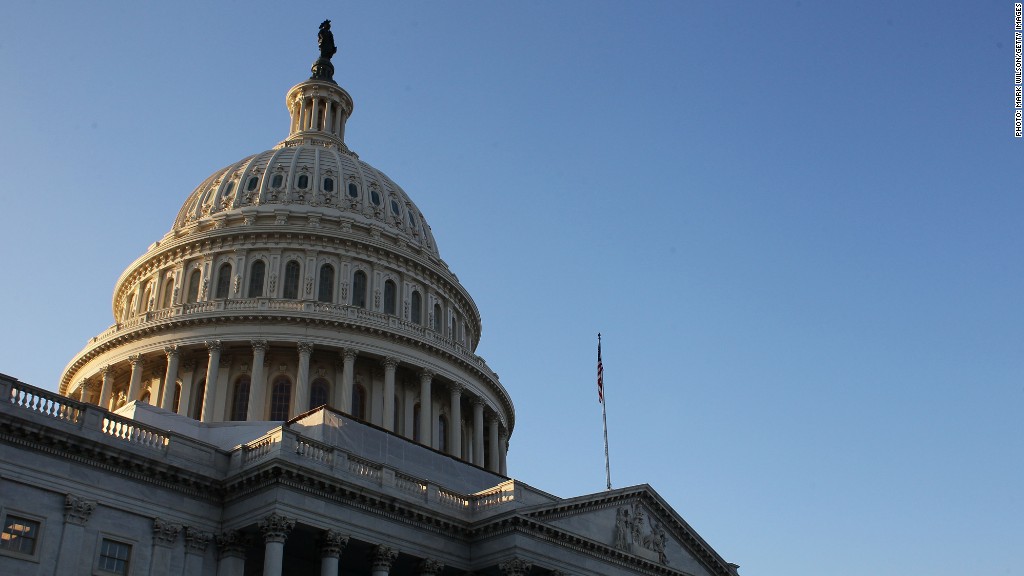
Next year will be a pivotal one for the United States' credit standing.
Moody's said Tuesday it would likely strip the United States of its sterling AAA rating if lawmakers fail to produce a long-term debt reduction plan next year.
But if negotiations go well, the rating agency said, it would probably affirm the country's AAA rating and change its outlook to "stable" from "negative." A negative outlook suggests the rating could be downgraded over the medium term.
Thanks to the political brinksmanship that governed last summer's debt ceiling standoff, Standard & Poor's was the first agency to lower the country's AAA rating. Moody's and Fitch decided to stand pat, although they did lower their outlooks to "negative."
There are a lot of ways to approach substantial debt reduction. One of the most abrupt would be to simply let all the measures that make up the so-called fiscal cliff take effect next year.
The fiscal cliff -- which consists of a series of tax increases and spending cuts -- would curb the debt by roughly $7 trillion over a decade.
But it would also threaten the economy in the short term.
And if that's the course Congress chooses or simply fails to avoid, Moody's said it would likely maintain its negative outlook on the U.S. AAA rating.
Boehner 'not confident at all' about budget deal
"[The agency] would then need evidence that the economy could recover from the shock before it would consider returning to a stable outlook," Moody's said.
Another factor influencing Moody's outlook: the debt ceiling, which will probably need to be raised by early next year. Currently the outlook assumes that Congress will increase it "in a relatively orderly process." But Moody's said it would put the U.S. rating under review during negotiations over the debt limit.
What the effects of another downgrade would be are unclear. In the wake of S&P's downgrade in August 2011, stocks plummeted for a time but the country's 10-year Treasury rate actually fell and has since been trading at or near historic lows.
"Markets are impervious to the whims of the credit rating agencies and instead what really matters is the economic fundamentals and other factors that drive the bond market," economic analysis firm Capital Economics said in a note Tuesday.
The firm predicted that Treasury yields may stay close to 1.5% over the next couple of years due to slow economic growth, low inflation, loose monetary policy and the country's reputation as a safe haven amid the political and fiscal problems in Europe.
But that doesn't let lawmakers off the hook, Capital Economics said.
"Unless Congress agrees [to] a credible medium-term fiscal plan, at some point the markets will lose patience."


